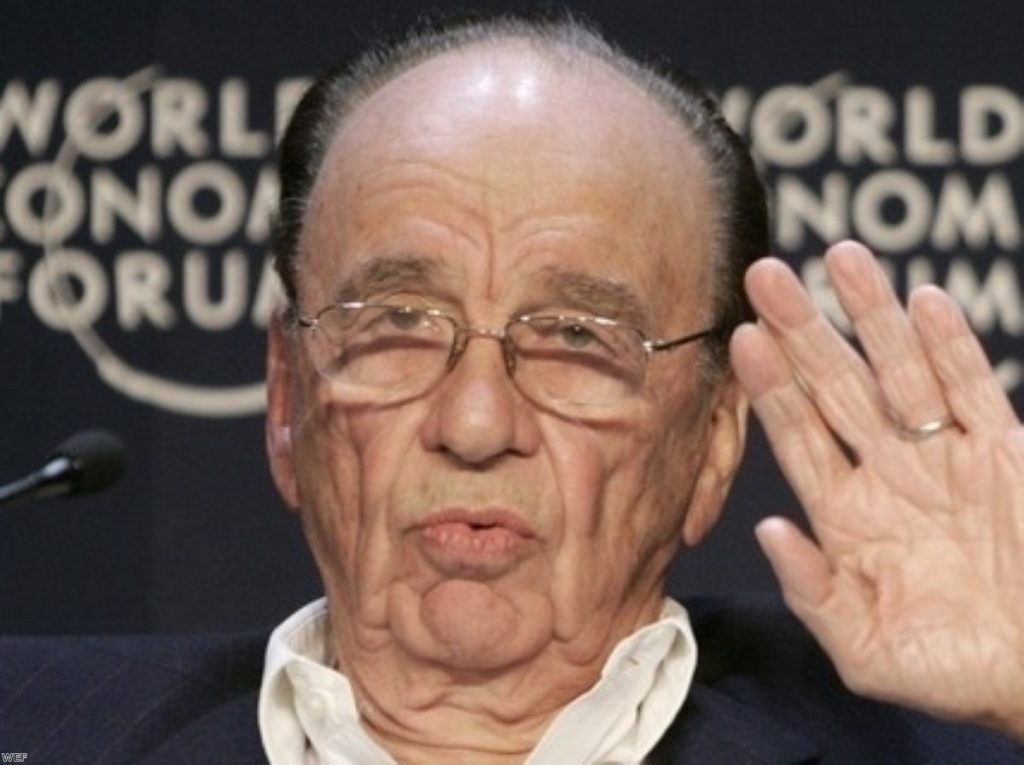Love lost? Labour takes on Murdoch
By Ian Dunt
Labour is preparing itself for a fight against the might of the Murdoch empire, after it made early moves to fight the Australian’s £12 billion takeover of BSkyB.
News Corp, owned by Rupert Murdoch, plans to acquire the 61% of Sky it does not already own.
Labour backbencher Austin Mitchell has tabled an early day motion (EDM) demanding scrutiny of the deal which already has 25 signatures, mostly from Labour MPs.


It reads: “This House notes News Corporation’s current bidding for full control of British Sky Broadcasting and Rupert Murdoch’s plans to continue to extend his powerful media empire; recognises a healthy democracy depends in part on the culture of a free, plural and diverse media; considers it important to support the growth and availability of quality journalism across a range of platforms and providers; believes it is the duty of politicians not just to consider media companies and shareholders but also the interests of the workforce and the communities they serve; urges the Government not to enable further excessive concentrations of ownership; supports the Trades Union Congress and the National Union of Journalists’ calls for full scrutiny of the proposed deal; and calls on the UK regulators and European competition authorities to carry out reviews.”
Media reports indicate shadow media secretary Ben Bradshaw has written to the government demanding an investigation into the acquisition.
But business secretary Vince Cable has already written off any suggestion of government intervention.
The determination to make life difficult for Mr Murdoch is a far cry from the warm relations cultivated by Tony Blair when he was party leader.
Scarred by the Sun’s effective attack on Neil Kinnock on the eve of the 1992 election, Mr Blair decided that News Corp had to be courted for Labour to win an election.
The Sun, which is part of Mr Murdoch’s extensive media empire, turned against Labour after Gordon Brown’s last autumn conference speech as Labour leader and switched its allegiance to the Tories.
But David Cameron’s failure to win an outright majority convinced many analysts that the newspaper does not have the influence with its readers that it once did.

